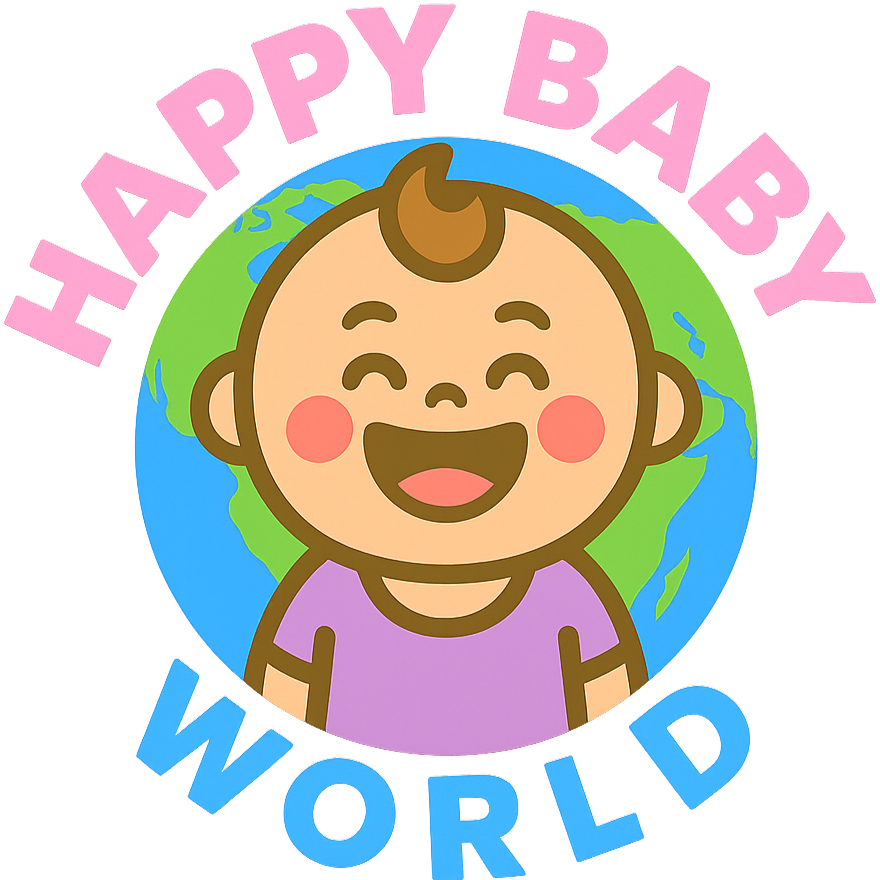Why Does My Baby’s Cough Trigger So Much Anxiety?
When a baby coughs, it can feel like the sound echoes straight into a parent’s heart. The instinct to protect is powerful, and uncertainty about what’s normal can quickly spiral into fear. This emotional surge is not a sign of weakness — it’s proof of your deep connection and commitment. By reframing baby cough anxiety as a natural response rooted in love, you can begin to see it as the first step toward learning, not panicking. Recognizing that your concern is a reflection of your care allows you to channel that energy into calm observation and informed action.
What Are the Common Causes of a Baby’s Cough?
Understanding why babies cough can replace fear with clarity. Common causes include mild colds, post‑nasal drip, environmental irritants, reflux, or teething‑related drool. Less often, coughs may signal conditions like bronchiolitis, croup, or asthma. Knowing these possibilities helps you match symptoms to likely causes and decide when to seek medical advice. When you understand the range of reasons behind a baby’s cough, you transform anxiety into a readiness to respond with both compassion and confidence.
How Can I Tell If My Baby’s Cough Is Serious?
Parents often ask how to distinguish between a harmless cough and one that needs urgent care. Warning signs include rapid or labored breathing, wheezing, persistent high fever, bluish lips or skin, refusal to feed, or lethargy. If any of these appear, seek medical attention immediately. By learning these red‑flag symptoms, you give yourself a clear decision‑making framework that replaces uncertainty with purposeful action, turning fear into a protective plan.
Why Is Staying Calm So Important When My Baby Coughs?
Your baby senses your emotional state. When you remain calm, you create a reassuring environment that supports their comfort and recovery. Anxiety can cloud judgment, while steady breathing and a composed tone help you think clearly and act effectively. Staying calm during a baby’s cough is not about suppressing concern — it’s about modeling resilience and creating a safe emotional space where healing can begin.
How Can I Observe My Baby’s Symptoms Without Panicking?
Observation is a skill that grows with practice. Focus on details: the sound of the cough (dry, wet, barking), its frequency, any changes in breathing, feeding patterns, or sleep. Keep notes to share with your pediatrician. This mindful approach turns anxious energy into a constructive tool, helping you feel more in control and ensuring your baby’s care is guided by accurate, thoughtful information.
What Role Does Symptom Awareness Play in Reducing Anxiety?
Symptom awareness is the bridge between fear and informed action. By learning to recognize patterns — such as a cough that worsens at night, or one that follows feeding — you can better understand possible triggers. This awareness empowers you to respond appropriately, whether that means adjusting the environment, offering comfort, or seeking medical advice. The more you know about your baby’s unique responses, the less room anxiety has to grow.
How Can I Create a Calm Environment for a Coughing Baby?
A peaceful environment supports both your baby’s recovery and your own emotional balance. Keep the air comfortably humid, reduce exposure to smoke or strong scents, and maintain a gentle room temperature. Soft lighting, quiet voices, and skin‑to‑skin contact can soothe both baby and parent. Creating a calm space is a tangible way to turn worry into nurturing action, reinforcing the bond that helps your baby feel safe.
When Should I Call the Pediatrician About My Baby’s Cough?
Trust your instincts, but also lean on clear guidelines. Call your pediatrician if your baby is under three months old and has any cough, if the cough lasts more than a week without improvement, or if it’s accompanied by fever, difficulty breathing, or feeding refusal. Knowing when to seek professional guidance removes the guesswork and ensures your baby gets timely care, easing the mental load that anxiety can bring.
How Can I Prepare for a Doctor’s Visit About My Baby’s Cough?
Preparation turns a potentially stressful appointment into a productive conversation. Bring notes on when the cough started, its pattern, any related symptoms, and what you’ve tried at home. Have questions ready about possible causes, treatment options, and what to watch for next. Arriving prepared helps you feel confident and ensures your baby’s needs are clearly communicated, transforming anxiety into advocacy.
What Home Comfort Measures Can Help a Baby’s Cough?
While medical advice should guide treatment, certain comfort measures can help ease mild coughs. Offer frequent feedings to keep your baby hydrated, use a cool‑mist humidifier, and keep their head slightly elevated during rest (while following safe sleep guidelines). Gentle rocking, lullabies, and warm parental presence can also soothe. These small, loving actions remind you that even in moments of uncertainty, you have the power to bring relief.
How Can I Reframe Baby Cough Anxiety as a Learning Opportunity?
Every cough is a chance to deepen your understanding of your baby’s health and your own capacity as a caregiver. By tracking symptoms, seeking guidance, and practicing calm responses, you build a toolkit you’ll use for years. Reframing anxiety as a teacher allows you to see each challenge not as a setback, but as a step toward becoming the confident, connected parent you aspire to be.
What Can I Do to Manage My Own Stress During My Baby’s Illness?
Self‑care is not selfish — it’s essential. Take short breaks when possible, breathe deeply, and reach out to supportive friends or family. Even a few minutes of rest or a warm cup of tea can restore your perspective. Managing your stress ensures you can show up for your baby with patience and clarity, proving that caring for yourself is part of caring for them.
How Can I Use Trusted Resources to Ease My Worry?
Reliable information is a powerful antidote to fear. Use reputable sources like your pediatrician, national health organizations, and evidence‑based parenting platforms. Avoid late‑night internet spirals that can amplify anxiety. By curating your information sources, you replace uncertainty with knowledge you can trust, making each decision from a place of calm assurance.
Why Is Community Support Important When Facing Baby Cough Anxiety?
Parenting was never meant to be a solo journey. Sharing your concerns with other parents, support groups, or online communities can normalize your feelings and offer practical tips. Hearing “I’ve been there” from someone who understands can dissolve isolation and replace it with solidarity. Community support transforms anxiety into connection, reminding you that you and your baby are part of a larger circle of care.
How Can I Model Resilience for My Baby During Illness?
Babies learn from what they see and feel. When you respond to their cough with steady hands and a gentle voice, you teach them that challenges can be met with calm and care. This modeling plants seeds of resilience that will grow throughout their life. Your response becomes a living lesson in how love can steady us in uncertain moments.
What’s the Long‑Term Benefit of Facing Baby Cough Anxiety with Calm?
Each time you navigate a health worry with composure, you strengthen your confidence and your bond with your baby. Over time, these experiences build a foundation of trust — in yourself, in your ability to read your baby’s needs, and in your partnership with healthcare providers. Facing baby cough anxiety with calm doesn’t just solve the moment; it shapes the kind of parent you are becoming.
How Can I Turn This Experience Into a Positive Parenting Memory?
It may seem impossible now, but one day you might look back on this cough as the moment you realized your own strength. The late‑night rocking, the whispered reassurances, the careful notes for the doctor — these are acts of love that define your parenting journey. By choosing to see the beauty in your care, you transform a moment of worry into a memory of connection.
What’s the HappyBaby.World Approach to Baby Cough Anxiety?
At HappyBaby.World, we believe every parenting challenge is an invitation to grow closer, learn more, and love deeper. Baby cough anxiety is not a sign you’re failing — it’s proof you care enough to notice, to ask, and to act. By validating your feelings, offering practical steps, and holding space for hope, we help you turn fear into a force for healing. Together, we can reframe every cough as a chance to nurture both your baby’s health and your own confidence.
Real Parenting, Real Support
Subscribe to the Happy Baby World newsletter for honest stories, practical tips, and encouragement to help you find joy and balance in the beautiful, messy reality of raising kids.


Leave a Reply